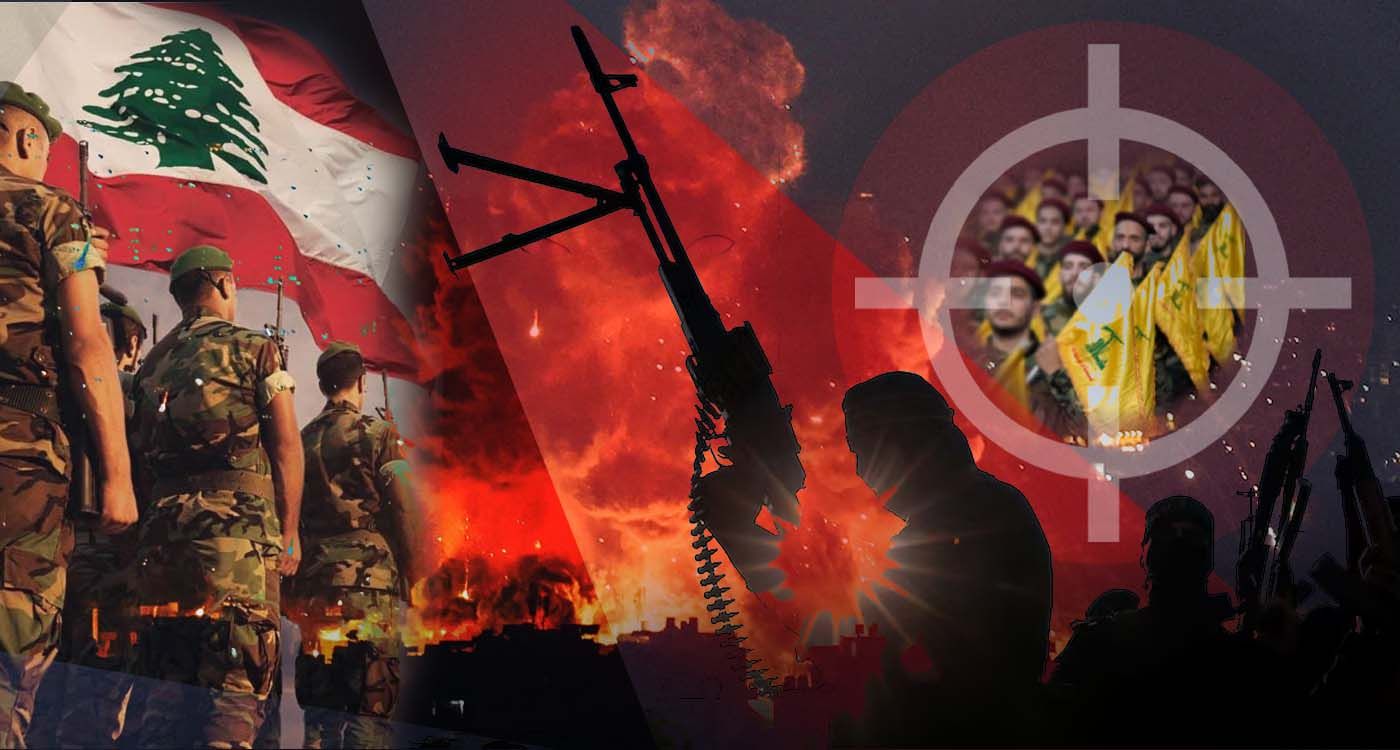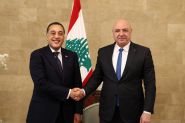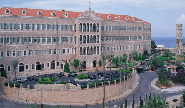
The Lebanese government has yet to fully grasp the seismic shift in Israel’s defense doctrine from containment to preemption. Hezbollah, even if armed with rudimentary weapons like slingshots, will not be tolerated. Beirut must disarm and disband the Iran-backed militia immediately and will be given one final chance to do so. This is the Easy Way. If Hezbollah remains operational by next year, Israel will take decisive action to eliminate it. This is the Hard Way.
President Joseph Aoun, Speaker Nabih Berri, and Prime Minister Nawaf Salam seem to believe it’s business as usual in Lebanon. When pressed to restore Lebanese sovereignty, they argue that sovereignty requires not only disarming Hezbollah but also Israel’s withdrawal from five disputed hilltops and an end to airstrikes targeting Hezbollah. This argument will not persuade Washington or Jerusalem, both of which see Hezbollah’s disarmament as non-negotiable.
Lebanon’s aspirations—reconstruction investments in the war-torn south, meaningful political and economic reforms, and even the scheduled May 2026 election—are on hold until Hezbollah is disarmed and disbanded. Failure to act risks a major Israeli operation to uproot Hezbollah, which could delay these plans indefinitely.
Lebanese leaders appear oblivious to the profound impact of October 7, 2023, and Israel’s resolute commitment to ending Hezbollah’s military existence. The attack reshaped Israel’s security calculus, making any tolerance for Hezbollah’s military capabilities unthinkable. Israel’s resolve extends beyond Lebanon.
Iran’s nuclear ambitions are effectively dead, and its ballistic missile program, severely damaged during the 12-day June War with Israel, faces further destruction if Tehran attempts to revive it. Qatar, too, risks repeated strikes until every Hamas leader complicit in the October 7 massacre is eliminated. Israel’s elimination of the Black September Palestinian Organization in the 1970s serves as a historical precedent for its relentless pursuit of defusing threats.
Turkey also faces consequences if it harbors individuals plotting against Israelis, regardless of its NATO membership. NATO’s muted response to Russian projectiles striking Poland in 2022 illustrates the alliance’s limitations in such scenarios.
Turkey’s claim to having NATO’s “largest army” does not necessarily make it a military power. Corrupt nations rarely produce competent militaries. Turkey’s political establishment, among the most corrupt globally, boasts 35 billionaires in an economy comparable to Saudi Arabia’s ($1.3 trillion), which has only 15.
Israel, fighting for its survival, will not hesitate to act preemptively in self-defense. Lebanon must recognize the gravity of this reality and disarm Hezbollah immediately. Failure to do so risks another devastating military confrontation, the kind Hezbollah might perversely claim, again, as a “victory.”
Lebanon has so far danced around the Hezbollah problem, aware of the militia’s strategy to retain its arms.
Hezbollah will avoid direct confrontation with the Lebanese Armed Forces (LAF). Instead, when the LAF approaches Hezbollah’s arms depots, “residents” will be mobilized to burn tires and throw stones, aiming to provoke a clash where the army fires on civilians. If a number of Shia men are killed, Hezbollah will exploit the incident as “Osman’s shirt”—an Arab saying invoking revenge, referencing the 656 CE murder of Caliph Osman Ibn Affan. Such an event would render disarmament politically untenable.
The Lebanese government likely recognizes this trap and is attempting to avoid it. The LAF’s current strategy appears to be “freezing” Hezbollah by controlling public spaces, particularly licit and illicit roadways, to severely restrict the militia’s movements. This approach aims to constrain Hezbollah. If the militia initiates violence, the LAF could then claim self-defense, preserving the political viability of disarmament. For example, by dominating key routes, the LAF limits Hezbollah’s ability to maneuver without confronting the army, shifting the burden of escalation onto the militia.
However, this “freeze” strategy is unlikely to satisfy Israel, which demands Hezbollah’s complete dissolution. Over the next six months, as Washington rushes at least $200 million in aid to the LAF, Jerusalem will closely monitor Lebanon’s actions, expecting tangible progress on disarming and disbanding Hezbollah. If Lebanon cites the risk of civil strife and hesitates, Israel will likely escalate operations, targeting Hezbollah’s remaining leadership with precision and force.
Lebanon’s biggest problem is its inability to understand what sovereignty means. When Beirut is asked to rein in its terrorists, citing civil war as an excuse for inaction implies that the country is unworthy of sovereignty, that other nations must police Lebanon’s thugs, and that the Lebanese state is irrelevant, deserving neither attention nor assistance from any world capital.




Comments